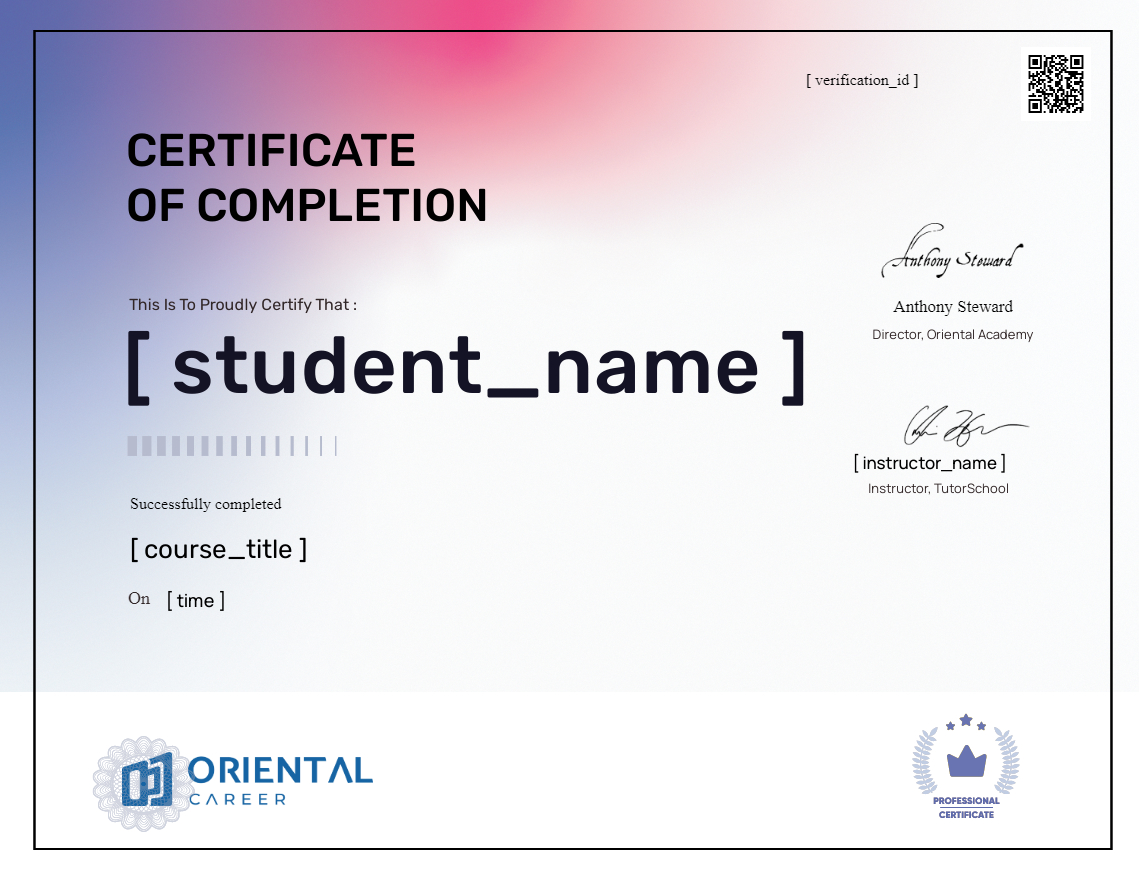Entrepreneurship Series: Developing that Great Opportunity – 01
About Course
How does a good idea become a viable business opportunity? What is entrepreneurship and who fits the profile of an entrepreneur? This introductory course is designed to introduce you to the foundational concepts of entrepreneurship, including the definition of entrepreneurship, the profile of the entrepreneur, the difference between entrepreneurship and entrepreneurial management, and the role of venture creation in society. You’ll explore where technology entrepreneurship and impact entrepreneurship align and where they diverge, and you’ll learn proven techniques for identifying the opportunity, assessing the opportunity, hypothesis testing and creating a prototype.
By the end of this course, you’ll know how to test, validate and prototype your idea, and also whether or not you fit the profile of an entrepreneur! You’ll also be ready to move on to the next phase of entrepreneurship in Entrepreneurship 2: Launching the Start-Up.
Course Content
Week 1: Introduction and Course materials
-
0.1 Introduction to the Professors and Wharton – v
09:00 -
0.2 What Is Entrepreneurship? –
06:00 -
0.3 Can You Teach Entrepreneurship? –
06:00 -
1.1 Course Introduction –
22:00 -
1.2 Profile of the Entrepreneur –
06:00 -
1.5 Types of Enterprises –
05:48 -
1.6 Technology Entrepreneurship –
14:28 -
1.7 Impact Entrepreneurship –
14:00 -
1.4 Venture Creation’s Role in Society –
08:52 -
1.3 Entrepreneurship in Established Firms –
20:00 -
PDFs of Lecture Slides
-
Draft Lesson
-
The Role of Venture Creation in Society: Interview: Andy Rachleff, Founder, Wealthfront, Co-founder, Benchmark Capital
15:21 -
Entrepreneurship in Established Companies: Interview with Scott Mills, EVP, Chief Administrator Officer, Viacom
32:00
Week 2: Opportunity Analysis
Week 3: Markets, Need Finding and Planning
Week 4: Pitching, Testing and Prototyping
Earn a Certificate
Add this certificate to your resume to demonstrate your skills & increase your chances of getting noticed.

Student Ratings & Reviews
